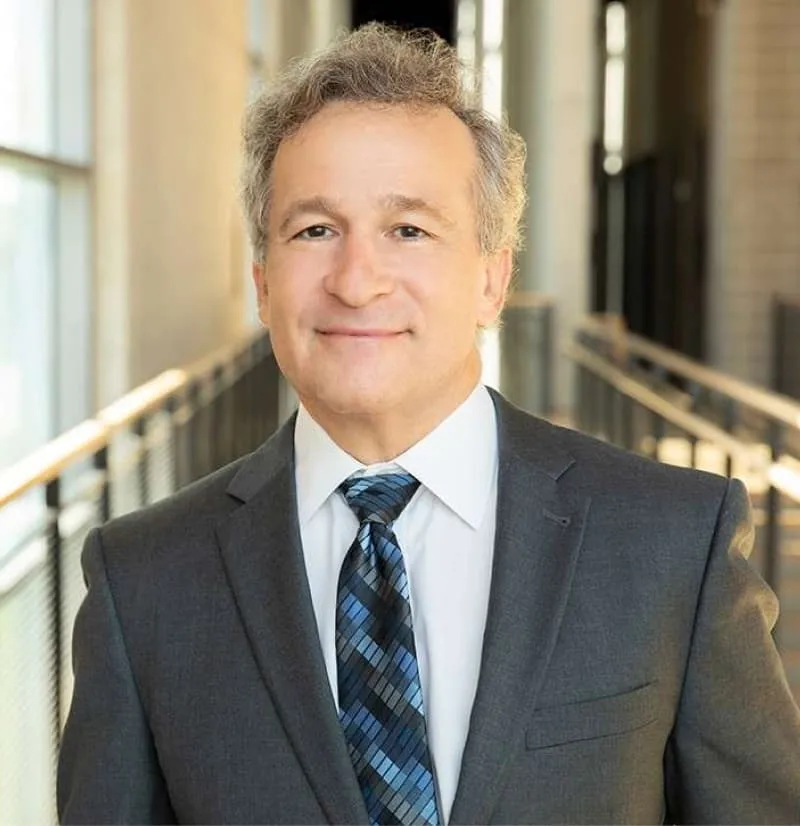I’ve often wondered whether medical students are attracted to a particular specialty because of their personality type; or whether their personality adjusts and evolves based on their specialty choice.
The answer is it’s probably a bit of both.
One academic medical school website delved a little deeper into the question. They noted that surgeons, for example, are stereotyped as dominant, aggressive, uninhibited. Formal Myers-Briggs personality testing – which characterizes personalities into 1 of 16 profiles (more on that in a bit) noted surgeons were more extroverted, practical, social, competitive, and structured than those in “controllable lifestyle specialties.”[1] Surgeons were less creative.
Controllable lifestyle specialties were more introverted and less conforming than surgeons.
Primary care had the most diversity in personality type.
One medical school in Saudi Arabia (King Saud bin Abdulaziz University for Health Sciences) publishes “Guide for Specialty Selection Based on Personality Type.
There are many crucial factors to take into consideration when choosing a medical specialty. One of the most unifying variables, ranking at the top of the list, is a good personality match between the student and the specialty. Unfortunately, the majority of medical students do not realize the importance of matching their personality types and the medical specialties they are interested in. In addition, the bulk of medical students’ time is spent on lectures, studying and clinical work, as a result most students do not have time to spend on thinking about their own personality type. But at some point during medical school, the student should take some time to assess his values, character, and temperament in an honest way.
There are many tools to determine the personality type but we will discuss here the most popular and widely used psychological test in the world; the Myers-Briggs Type Indicator (MBTI).
In Myers-Briggs testing, 4 dimensions are evaluated. Each subject has one of two elements.
| Dimensions | Elements | |
| 1 | Favorite World | Extroversion (E) or Introversion (I) |
| 2 | Information | Sensing (S) or iNtuition (N) |
| 3 | Decision | Thinking (T) or Feeling (F) |
| 4 | Structure | Judgment (J) or Perception (P) |
For Favorite world, do you prefer to focus on the outer world or your own world?
For Information, do you concentrate on what can be seen, heard, felt, smelled, or tasted? Or do you naturally read between the lines and look for the meaning in all things?
For Decision, how do you make a decision, and based on what? Do you prefer to make decisions using an impersonal approach; making decisions that make logical sense? Or do you prefer to make decisions based on personal values?
Finally, for Structure, what type of lifestyle do you prefer? Getting things decided or stay open for new options?
The formal Myers-Briggs instrument includes 93 forced choice questions. Forced choice means the subject has to choose one of two possible answers to each question. Example questions include
- I am most comfortable being (a) spontaneous; or (b) a planner
- Change for me is (a) difficult; or (b) easy.
- I prefer to work (a) alone; or (b) in a team.
While it’s probably a stretch to pigeonhole personality into one of 16 types, here they are:
| ISTJ | ISFJ | INFJ | INTJ |
| ISTP | ISFP | INFP | INTP |
| ESTP | ESFP | ENFP | ENTP |
| ESTJ | ESFJ | ENFJ | ENTJ |
Here is the abridged list of specialties the Saudi Arabian medical school recommended based on personality type:

 What do you think? If you’ve been tested with Myers-Briggs survey, does the list conform to the specialty you chose?
What do you think? If you’ve been tested with Myers-Briggs survey, does the list conform to the specialty you chose?
[1] Controllable lifestyle specialties were defined as anesthesiology, dermatology, emergency medicine, ophthalmology, pathology, psychiatry, and radiology.





Every year,there appears to be more and more effort trying to “neatly force”,data,people,EVERYTHING,into a “nice little box”. I imagine,in a computerized world,that is the only way to categorize,file-away,and make data,”workable”. What do I think(?)…well,anyone who feels a surgeon is not creative,has never stood over an open abdomen,filled- with bullets and bowel! I think some folk have way too much “free-time”,or,more likely,too much grant money and not knowledgeable enough as to how to put it to good use.
Plastic surgery not an option
Thank you for this interesting information . i have often wonder the same things , and sometime i have wondered if i chose the right specialty. thanks
According to the Saudi Arabia medical school study, I picked the right field. I’m an ENTJ and an eye doctor.
This study is about as useful as horoscopes. If you are passionate about your work and it brings you happiness, then you picked the right career, period.
I think the advice to look at your personality and see where it fits is good and has been around forever. I wish it were a little bit more formalized (as in a course where you get credit-they do this in college all the time now) than it was when I went to MED school in the late 80’s. You were told to “ask your friends and decide which settings resonated with you… “I thought about internal medicine but I couldn’t complete the essay for the application! And it wasn’t really fair to assess Internal Medicine by the depressing hospital medicine that we did for 12 weeks!!
Myers-Briggs is an interesting analysis but I have read that it is more about how you interact with your environment rather than who you are as a person.
when we went to medical school, we were told that all specialties were pretty much the same from day to day and you had to figure out where you would fit in best. Fast forward to now where revenue and regulations are binding us and I am definitely regretting my decision. I love Pediatrics but many of my friends and I are starting to feel that we can’t afford to do it for much longer…so personality aside, its important to look at other values and situations is life as well.
Great read.
My first rotation as a third year med student was general surgery, and I knew I wanted to be a surgeon after scrubbing in a hernia repair. When it came to choosing a surgical specialty, the ENT attendings were the ones I wanted to emulate in both lifestyle and personality. The day I matched in ENT was one of the most significant achievements in my life.
That said, my dad was a practicing cardiologist when I was in med school, and I strongly considered this medical specialty, but the surgical bug got me during that first hernia.
Medical school education has changed since the 90s where clinical duties are part of the first two years.
The SA list does not contain plastic surgery In any category of personality type. I was happy to see otolaryngology was under ENTP 🙂
The Meyers – Briggs system is a totally bogus construction with no validity whatsoever. Katherine Briggs had a degree in agriculture and with her daughter Isabel they cooked up this test based on Jungian personality concepts.
It simply refuses to die its well-deserved death.